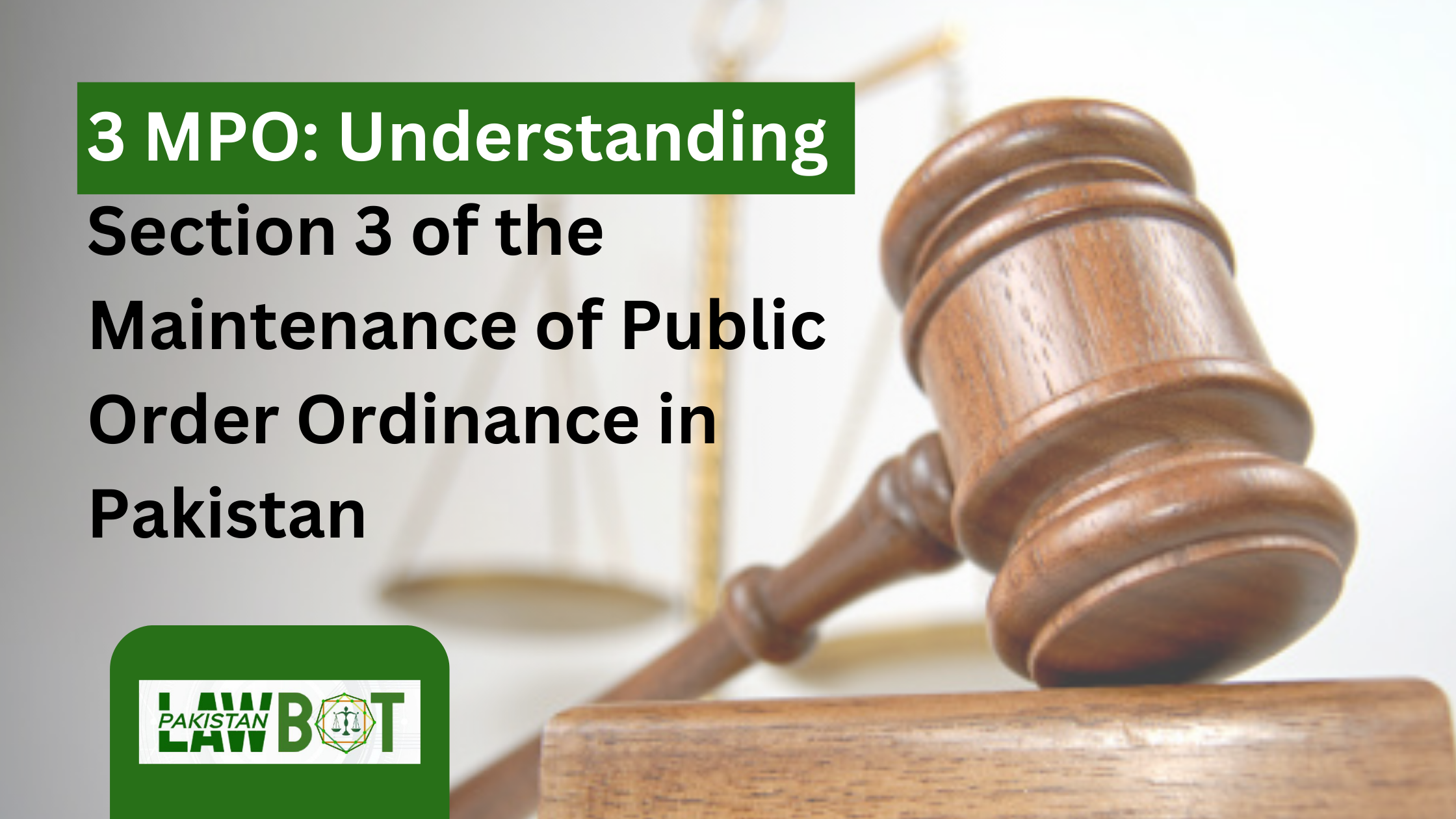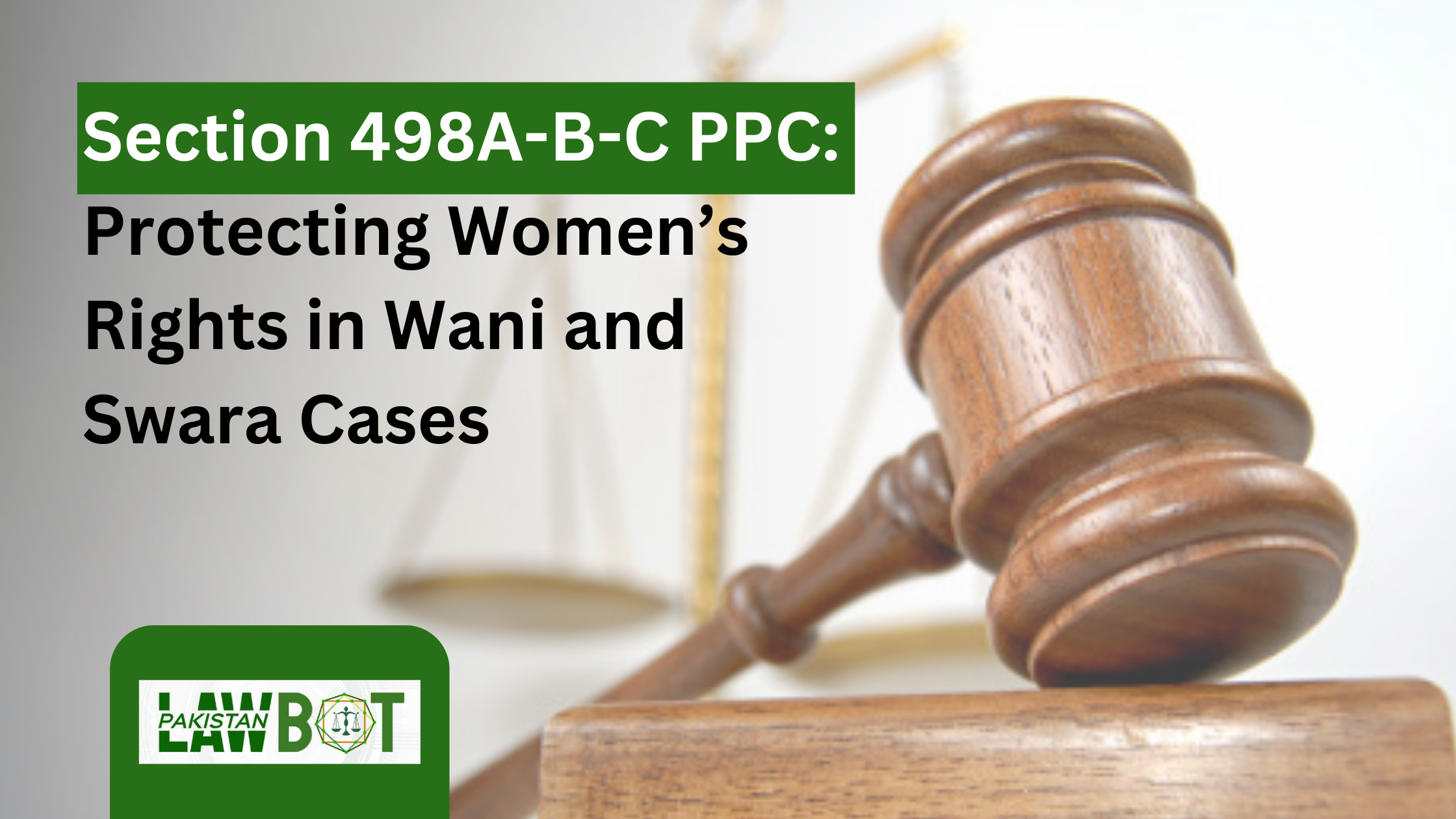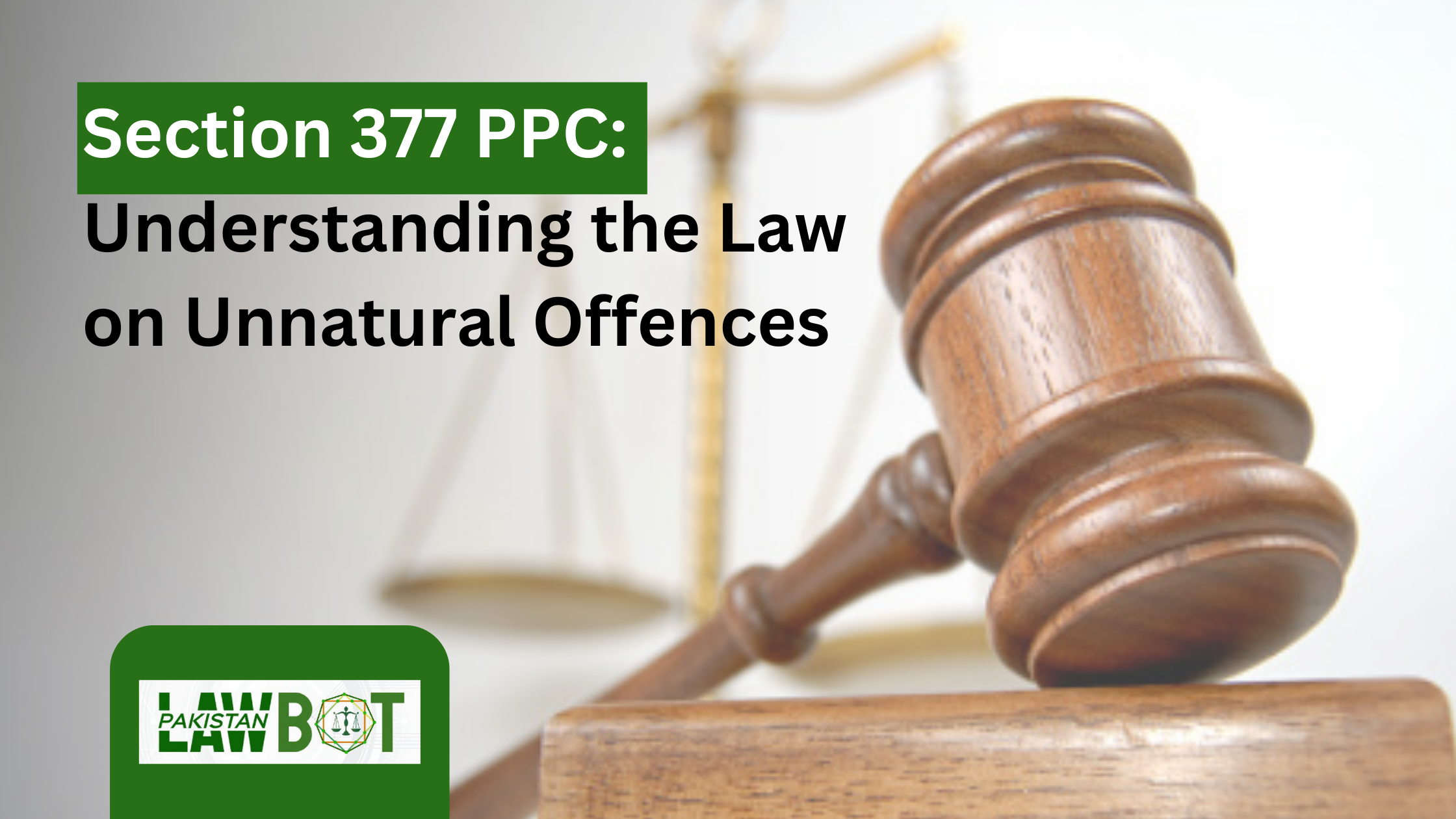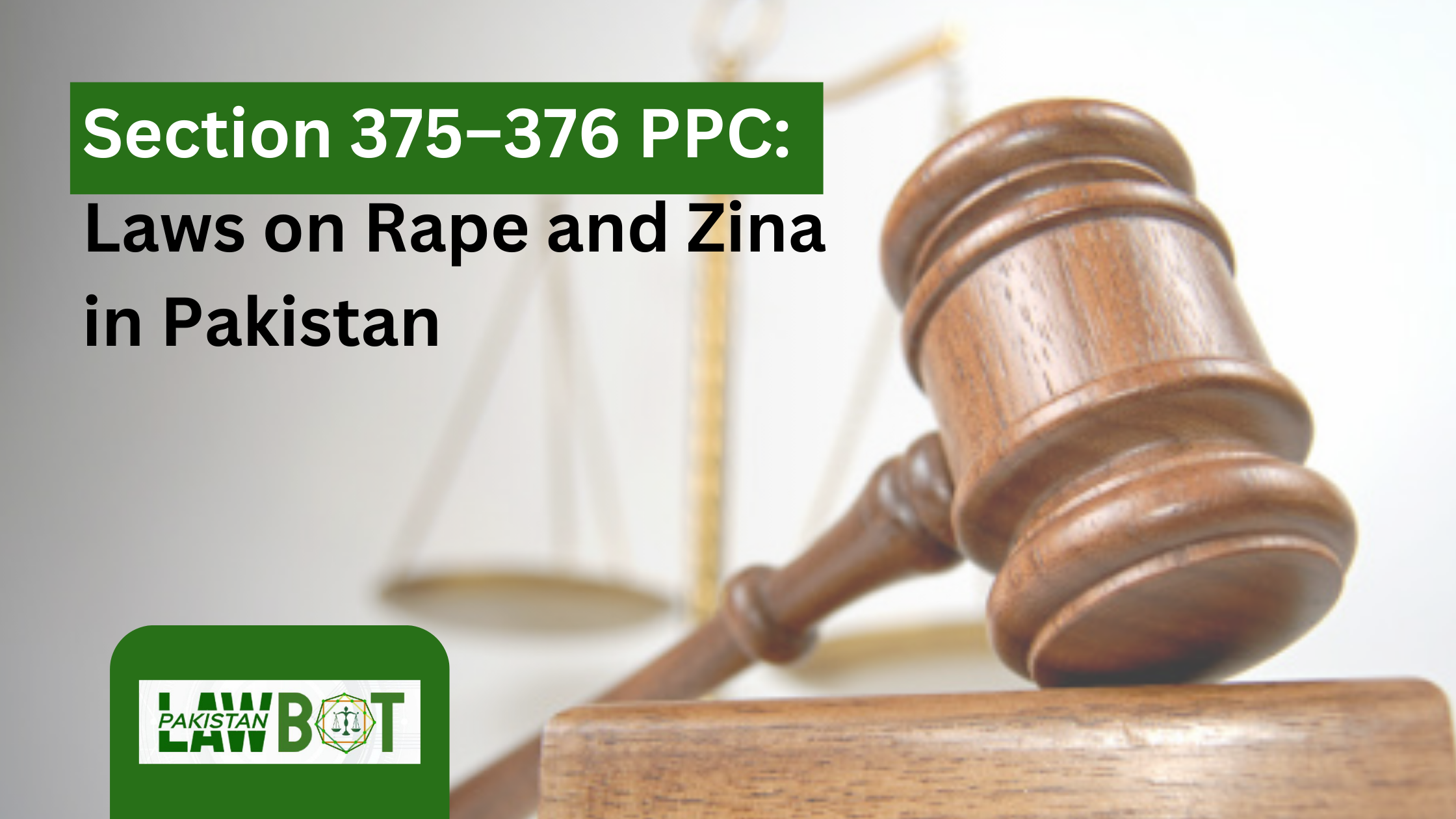Marriage holds immense significance in Islamic societies, including Pakistan. While Islam allows a man to marry more than once under specific conditions, the legal requirements vary by country based on local laws. In Pakistan, a second marriage without the first wife’s consent is a legal topic that often creates confusion. Many ask: Is a wife’s permission legally required for a second marriage in Pakistan?
This article explores the legal framework, Islamic perspective, and consequences of contracting a second marriage without the first wife’s permission in Pakistan.
Understanding the Islamic Perspective on Second Marriage
Polygamy in Islam
Islam permits a Muslim man to marry up to four wives, provided that he can ensure justice and fairness among them. This permission is derived from Surah An-Nisa (4:3), where the Quran states:
“…then marry those that please you of [other] women, two or three or four. But if you fear that you will not be just, then [marry only] one…”
Justice as a Condition
The condition of fairness is crucial. Many Islamic scholars interpret this to mean emotional, financial, and social equality among wives. However, complete emotional equality is humanly difficult, leading to strong recommendations for monogamy if fairness cannot be guaranteed.
Legal Framework for Second Marriage in Pakistan
The Muslim Family Laws Ordinance, 1961
In Pakistan, the practice of second marriage is regulated by the Muslim Family Laws Ordinance (MFLO) 1961, specifically Section 6.
Section 6 – Legal Requirements
According to Section 6 of the MFLO:
-
A man must obtain written permission from the Union Council before contracting a second marriage.
-
The application to the Union Council must state the reasons for the proposed second marriage.
-
The Union Council forms an Arbitration Council, which includes representatives from both the husband and the wife.
-
The Arbitration Council examines whether the proposed marriage is necessary and just.
Is Wife’s Permission Mandatory?
-
Yes, indirectly. The wife’s input is legally required during the Arbitration Council process.
-
While the law does not use the term “permission” in an absolute sense, the first wife’s consent is a significant factor.
-
If the wife objects, the Arbitration Council evaluates the husband’s reasons carefully before granting permission.
Second Marriage Without Permission
If a man marries again without the Union Council’s permission:
-
The second marriage is not automatically invalid in terms of Islamic law.
-
However, it is considered a criminal offense under Pakistani law.
Legal Consequences of Second Marriage Without Permission
Penal Consequences
If a man marries without the first wife’s consent and Union Council approval:
-
He faces imprisonment of up to one year.
-
He may be fined up to Rs. 500,000 (as amended by recent laws).
-
The punishment is criminal and can be enforced even if the wife does not file a complaint directly.
Financial Responsibilities
-
The husband remains legally bound to fulfill financial obligations toward both wives.
-
Failure to provide maintenance (nafqah) can lead to further legal action by either wife.
Validity of Marriage
-
The second marriage remains valid under Islamic law, but the violation of procedure leads to legal penalties.
Recent Court Judgments on Second Marriage
Lahore High Court Rulings
The Lahore High Court has ruled in multiple cases that:
-
Permission from the Union Council is mandatory under Pakistani law.
-
Marriage without fulfilling this requirement leads to punishment, but does not dissolve the marriage itself.
Shariat Court Observations
-
The Federal Shariat Court has, at times, expressed reservations over whether criminalizing second marriage aligns with Islamic teachings.
-
However, the Supreme Court of Pakistan continues to uphold the Muslim Family Laws Ordinance, making the permission requirement legally enforceable.
How to Apply for Permission for a Second Marriage?
Step-by-Step Process
-
Submit an application to the Chairman of the Union Council stating valid reasons for the second marriage.
-
The Arbitration Council is formed, including representatives from the husband and the existing wife.
-
The Council holds hearings where the first wife’s views are recorded.
-
After reviewing the case, the Council may grant or refuse permission based on merit.
-
If granted, a certificate is issued that legally allows the second marriage.
Common Acceptable Reasons
-
Infertility of the first wife.
-
Chronic illness or inability to fulfill marital responsibilities.
-
Social obligations, though this is less commonly accepted without strong justification.
Exceptions and Grey Areas
If the First Wife Gives Prior Consent
-
If a clause allowing a second marriage is already included in the nikahnama (marriage contract), the husband may have fewer hurdles.
-
However, Union Council approval is still mandatory despite this clause.
Marrying Abroad
-
If a man contracts a second marriage abroad without following Pakistani procedures, he can still face penalties upon returning to Pakistan if the marriage affects his first wife, residing in Pakistan.
The Role of the Nikahnama in Second Marriage
-
The Nikahnama (marriage contract) plays a critical role.
-
Clause 18 of the Nikahnama allows the wife to place conditions, including a ban on the husband’s second marriage.
-
Violating this clause can lead to divorce rights for the wife and potential monetary compensation.
Social and Ethical Considerations
Impact on Families
-
Second marriages often lead to family disputes, emotional distress, and financial strains if not managed properly.
-
The legal requirement of involving the wife aims to ensure fairness and stability.
Women’s Rights in Pakistan
-
The law is designed to protect the rights of women, ensuring that husbands do not misuse the religious allowance for polygamy without legitimate reasons.
Conclusion
Is Wife’s Permission Legally Required?
-
Yes, in Pakistan, obtaining the first wife’s consent is legally required through the Union Council process.
-
Failure to do so leads to criminal penalties, though the marriage remains valid under Islamic principles.
While Islam allows polygamy under conditions of fairness, Pakistani law adds procedural checks to prevent misuse. Anyone considering a second marriage must follow legal procedures, respect the rights of their spouse, and ensure that justice — both legal and ethical — is maintained.







